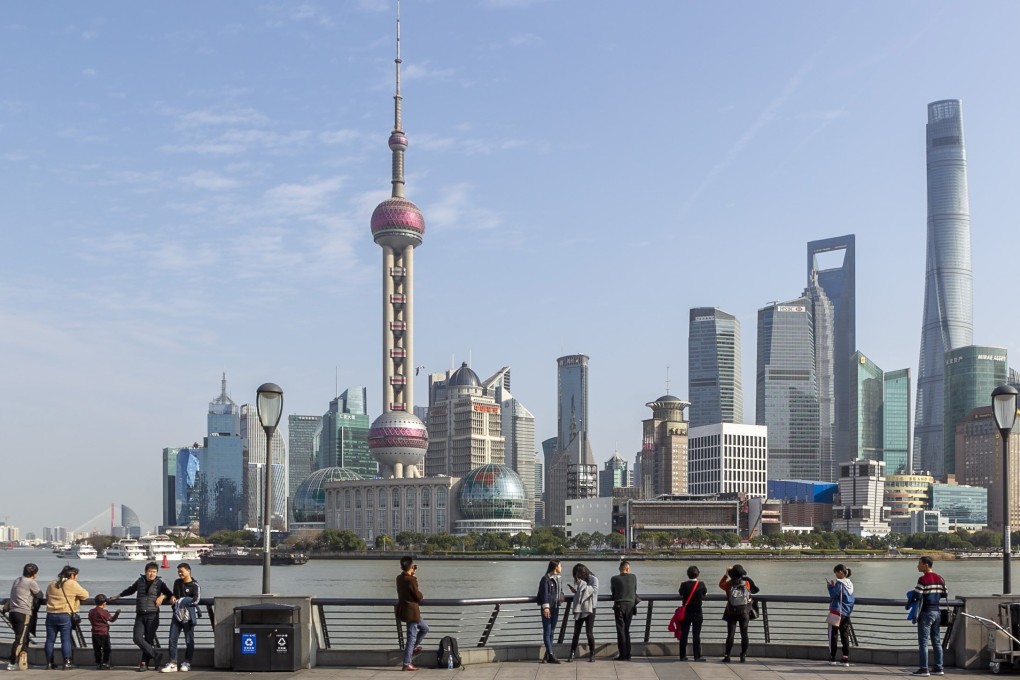QFLP scheme: IDG Capital, Brookfield among 7 firms granted access by Shanghai to unlisted firms
- Shanghai ‘determined to conduct innovations in the finance sector at Lingang’, local financial regulator says
- Other newly approved QFLPs include Vitalbridge, Cathay Capital, Kasikornbank, Ausvic Capital and CM Venture Capital

A signing ceremony was held on the sidelines of the Lujiazui Forum, the mainland’s most influential financial conference, which normally draws China’s top financial and securities regulators, as well as top bankers and financiers. These seven institutions will conduct investment and fundraising activity in the city’s Lingang free-trade zone, a 120 sq km coastal area linked to the Yangshan Port by the Donghai Bridge.
Beijing launched the QFLP scheme on a trial basis in 2011 with big-name asset managers such as Blackstone among the first batch of qualified investors in Shanghai. Seen as a bold step taken by China’s financial regulators towards making the yuan fully convertible under capital accounts, the scheme continues to be run on a trial basis.
Under the scheme, foreign investors are able to combine capital they raise abroad with cash in yuan committed by mainland investors, creating the scope for giant funds to explore the potential of China’s high-growth companies. Moreover, while QFLP funds can invest in Chinese companies directly without regulatory approval, other foreign investors will have to obtain these approvals before investing in such firms.
